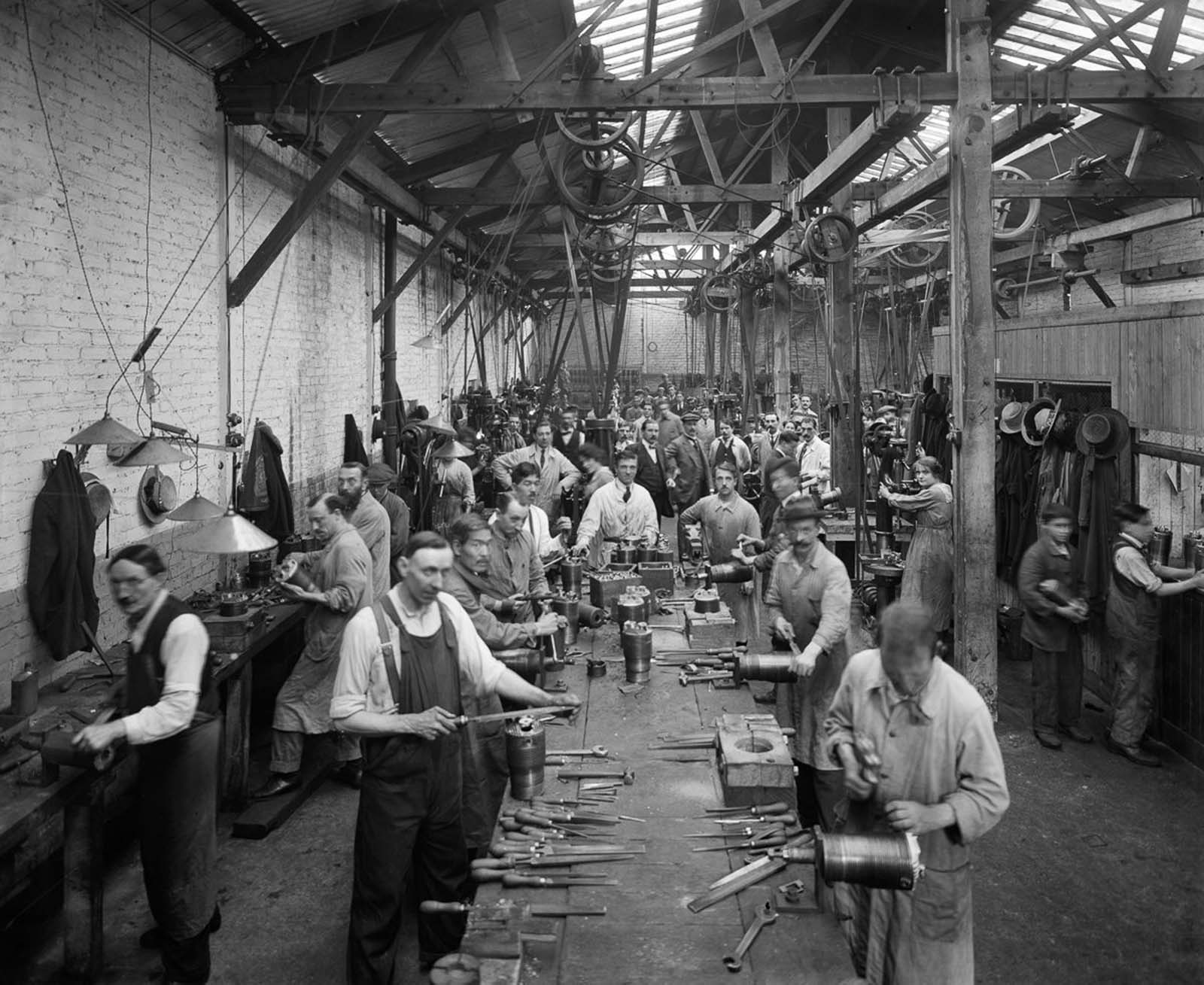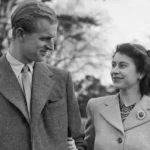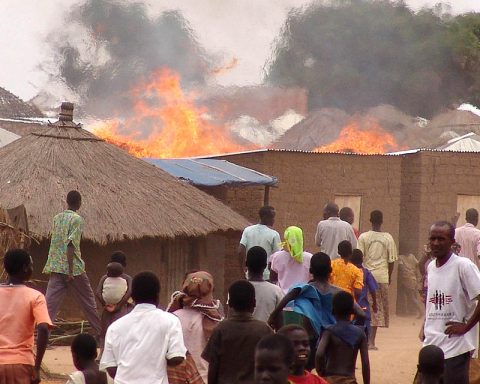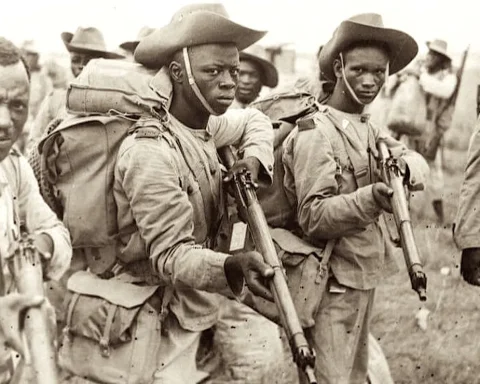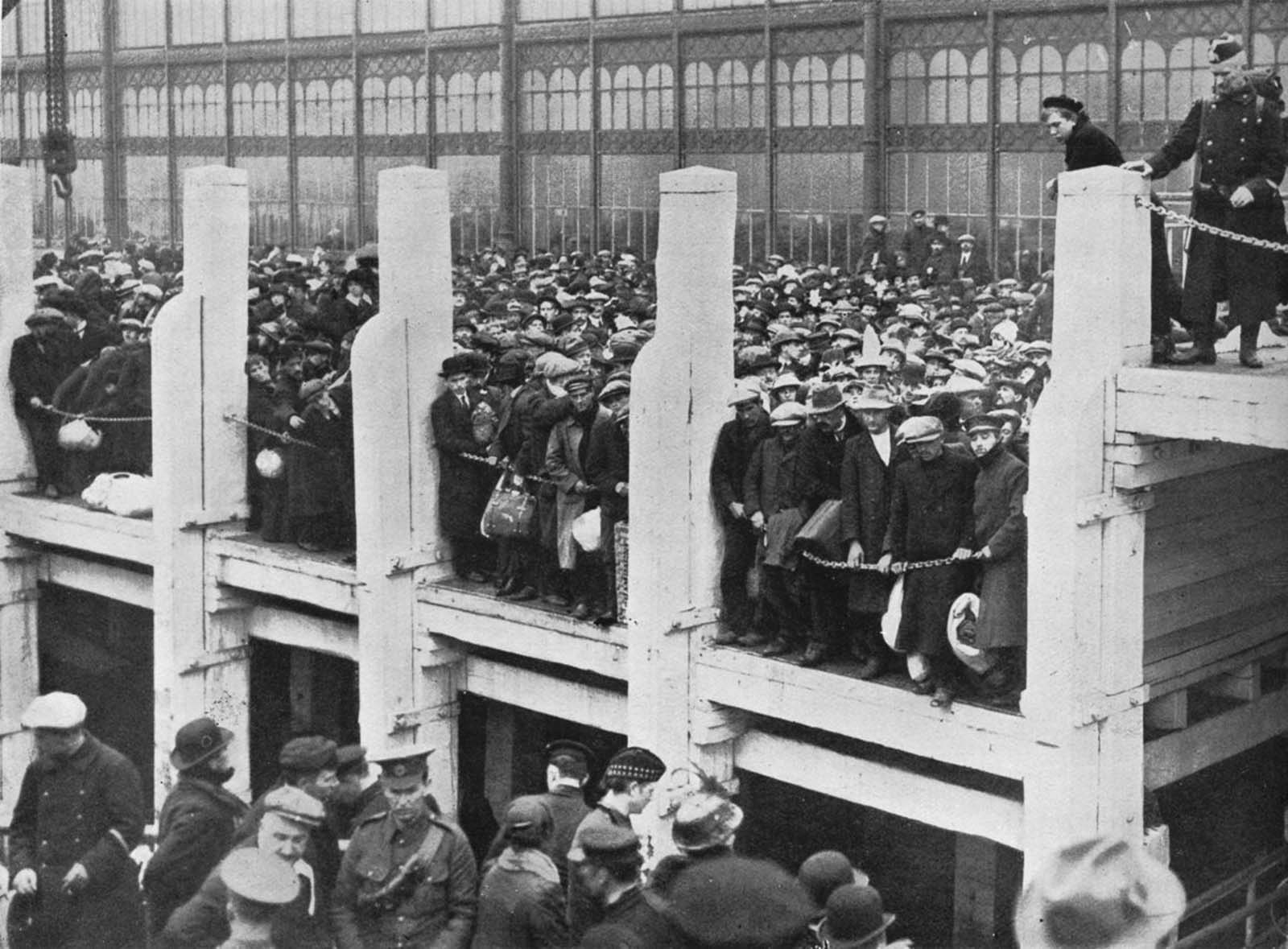
The start of the 1914 war had a large populace of Belgians impoverished and wretched, the Belgians were not left out while the Germans were on their conquest over France. The annexation and conquest of Belgium left hundreds of thousands in Belgium making a run for their lives. One-sixth of the Belgian population was recorded to have fled the nation to neighbouring safer countries.
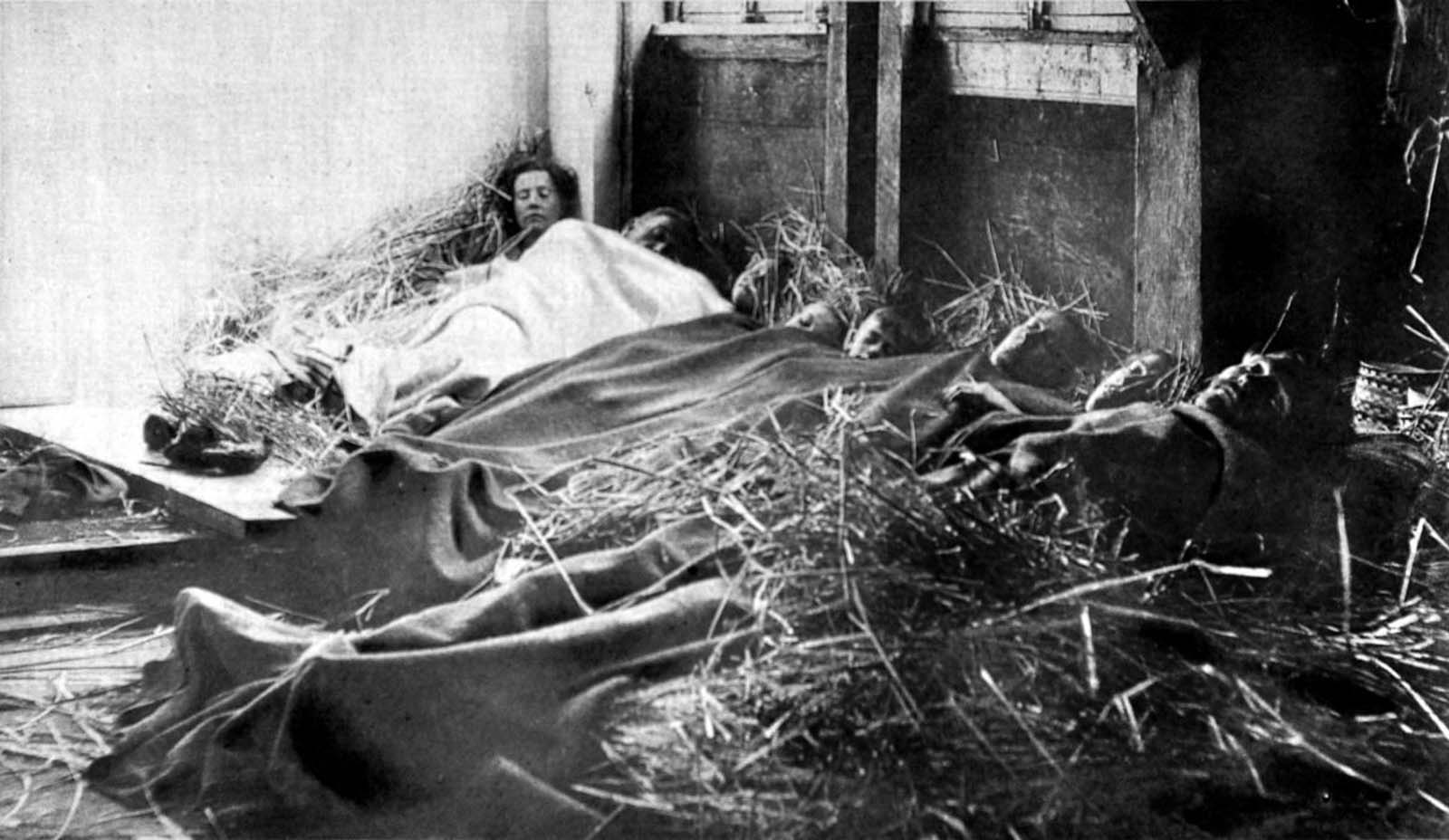
They made way for the United Kingdom, France, and the Netherlands to escape the fast-invading German troops. Nothing less than about 250,000 Belgians escaped their warring nation to Great Britain, recorded as the largest refugee nation during the war.
With the continual arrival and influx of the Belgians into the nations, they began having their own regions. Here they had their own villages, schools, and newspapers and were run by the Belgian government outside their sovereignty, they also made use of their currency as a form of payment.
SEE ALSO: When The British Military Industry Was Dominated By Women, 1914-1918

Some Belgian refugees also started up their own factories while others benefited from employment at some British factories as well.
The Belgians are famous for building ammo factories in present-time Cleveland Park around the Richmond Bridge, their ever-growing large population resulted in East Twickenham becoming known as the Belgian Village on the Thames, also a popular location was Birtley in County Durham.
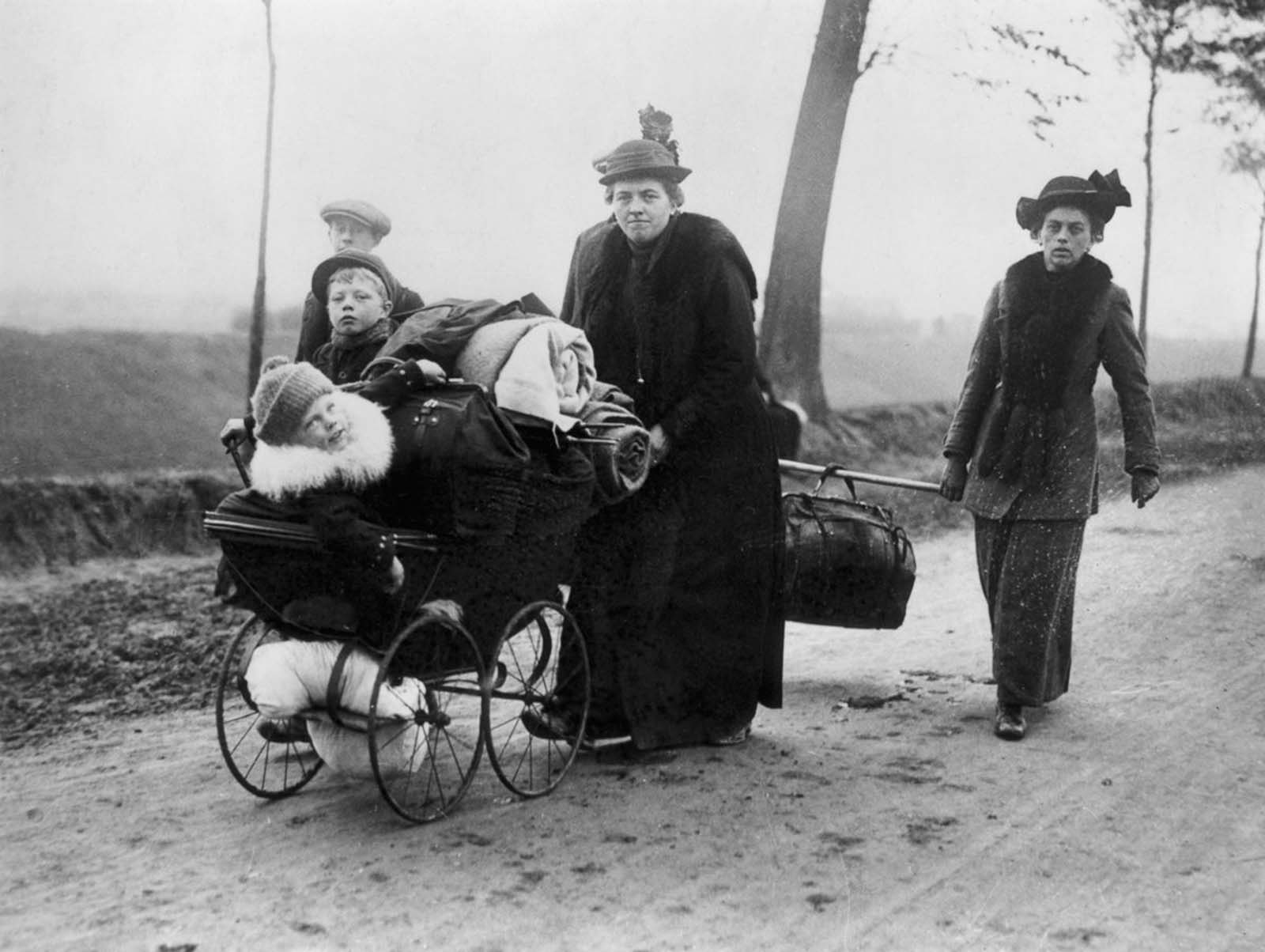
It was a small industrial village which grew into a central hub for about 4,000 new Belgian migrants. The selected area for the factories also serves as housing for the Belgian soldiers and their family as well, thus resulting in the community being nicknamed “Elisabethville,” after the Belgian queen Elisabeth of Bavaria. At its peak, Elisabethville took in between 75% of the entire Belgian refugee population living in the UK.
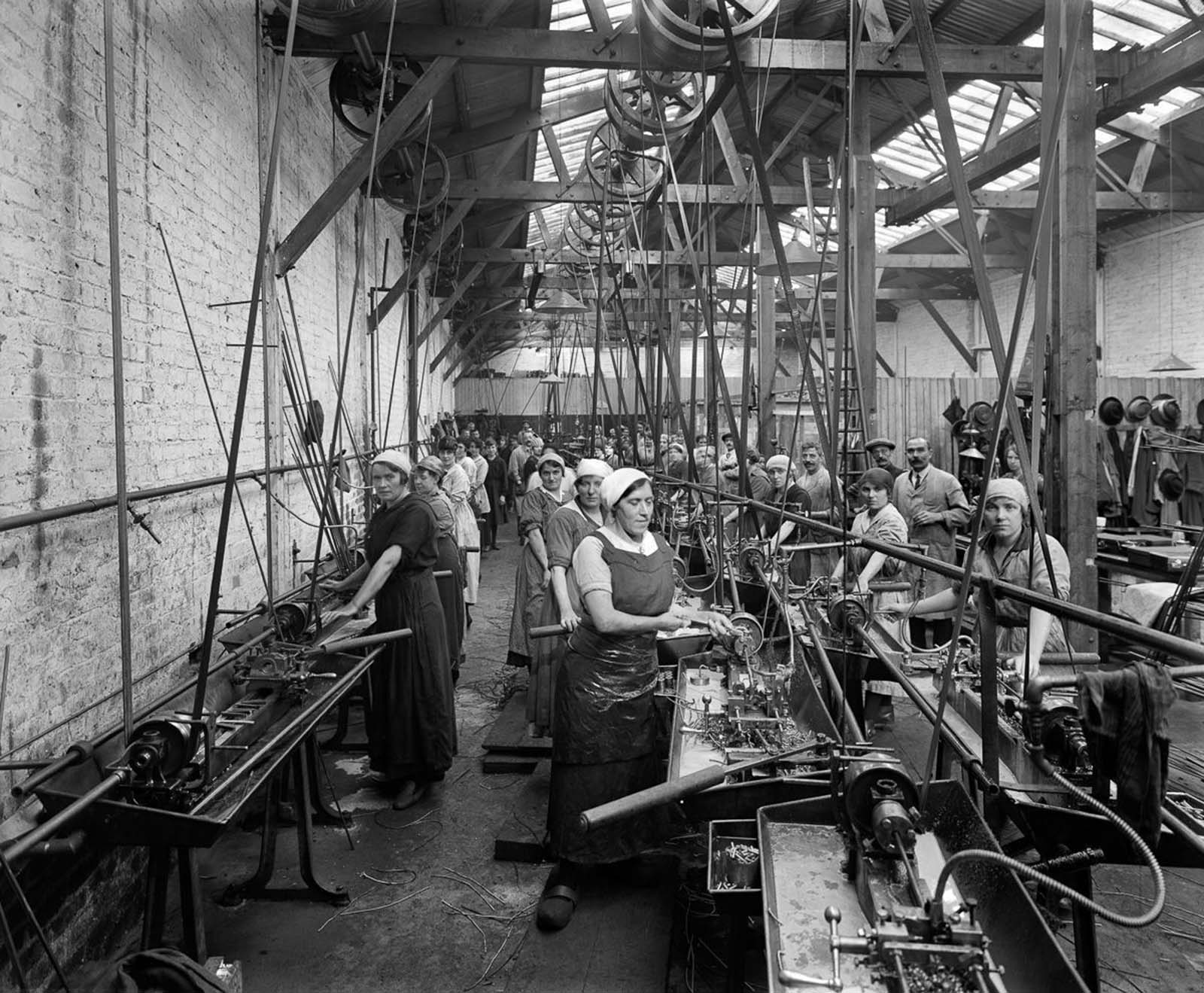
The war had not however come to an end yet as they hoped it would have done before Christmas. This made the host communities begin to lose their goodwill towards the Belgian citizens as they began seeing them as being comfortable away from the battlefield while their own relatives were engaged in the battlefront in their country homes.
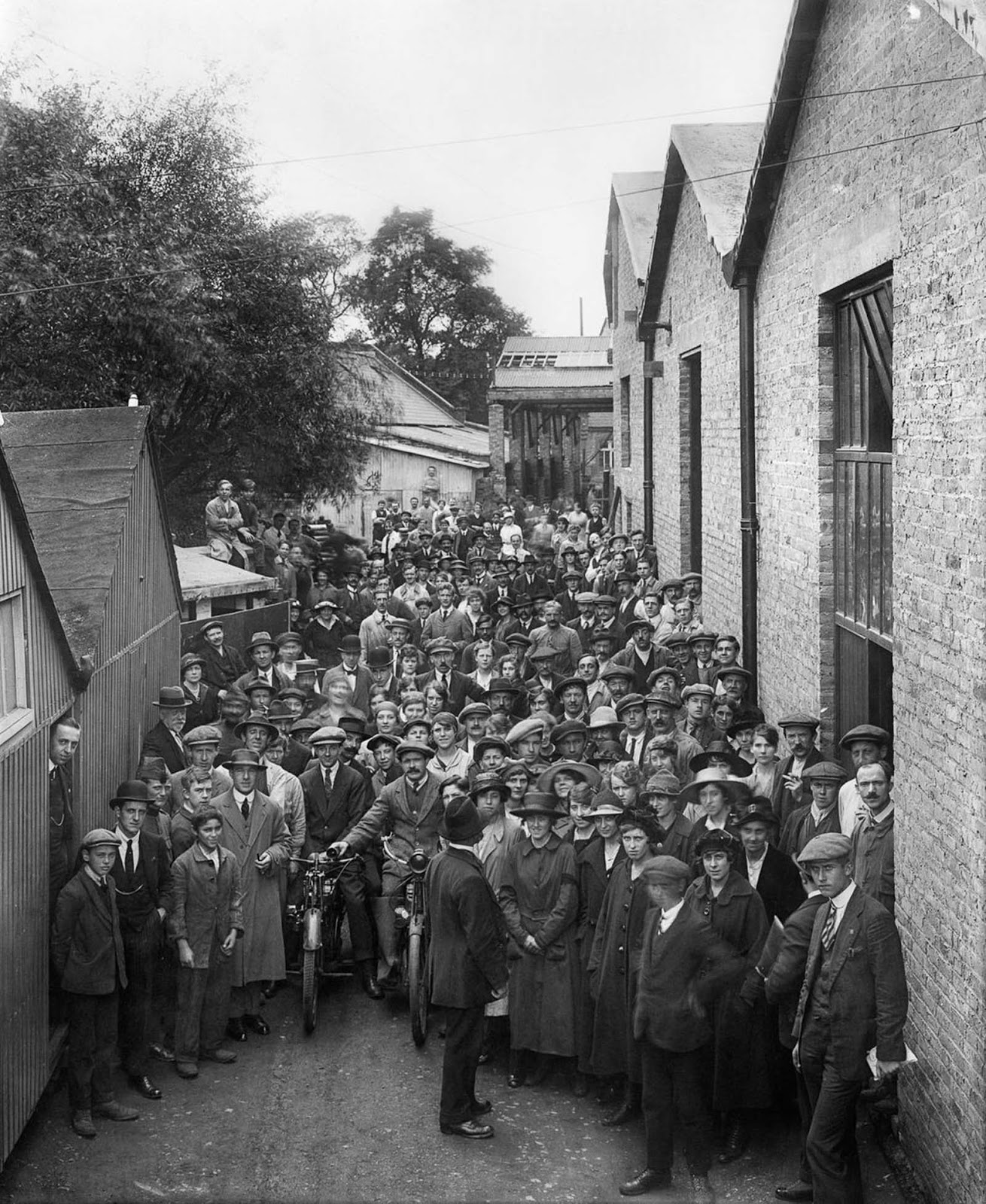
And unlike at the start of the war when they were considered refugees from “Poor Little Belgium”, by their accommodating host countries the public opinion with time began to change into mistrust and distance. However, unlike the Uk and France, the Netherlands showed a distinct behaviour towards the Belgians. They were considered unbiased during WWI.
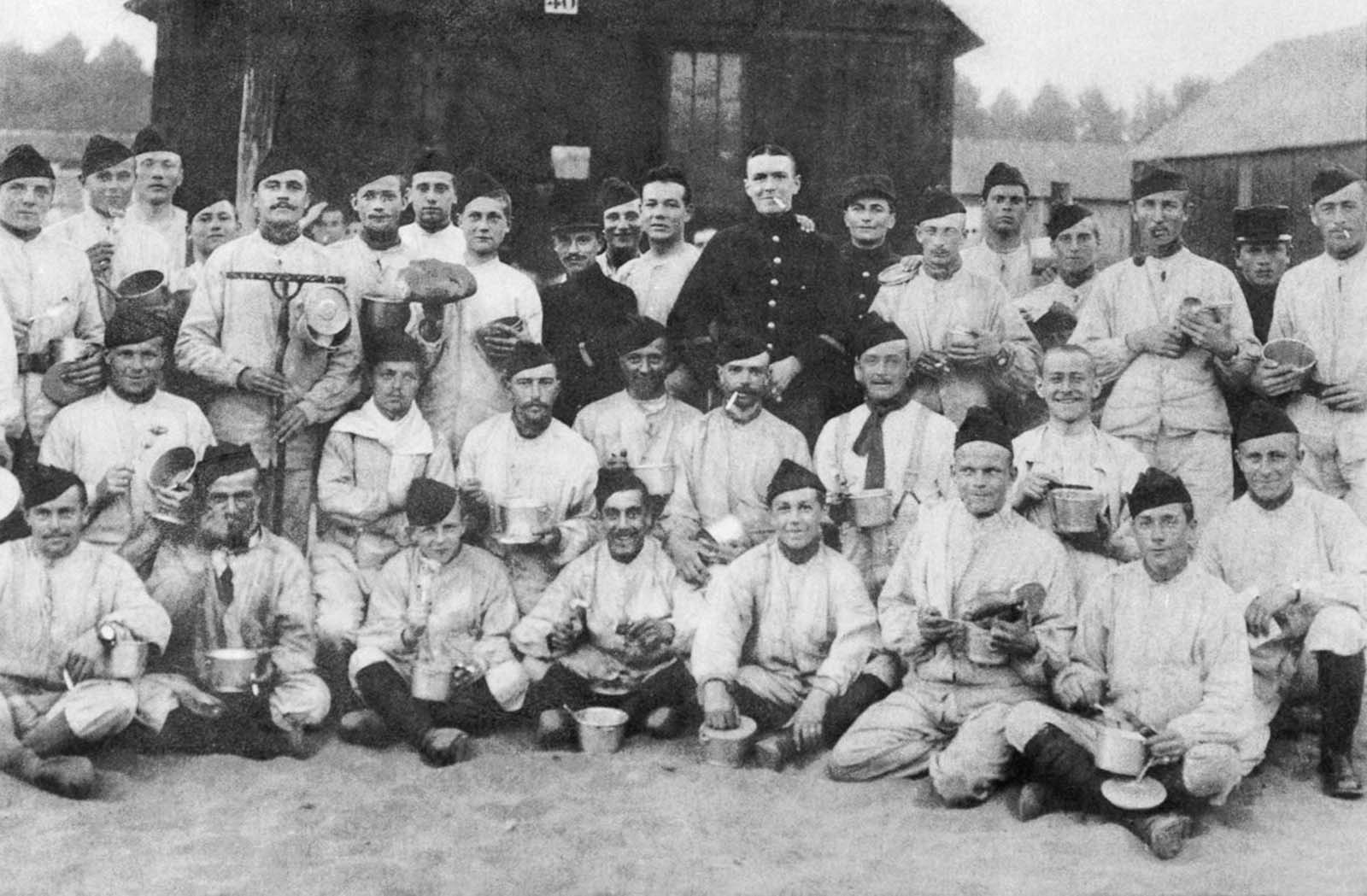
The migration influx resulted in housing and job problems for the British people, leading to the break out of riots in 1916, the host populace began to believe the immigrating Belgian workers who got into the British labour market threatened their own jobs.
